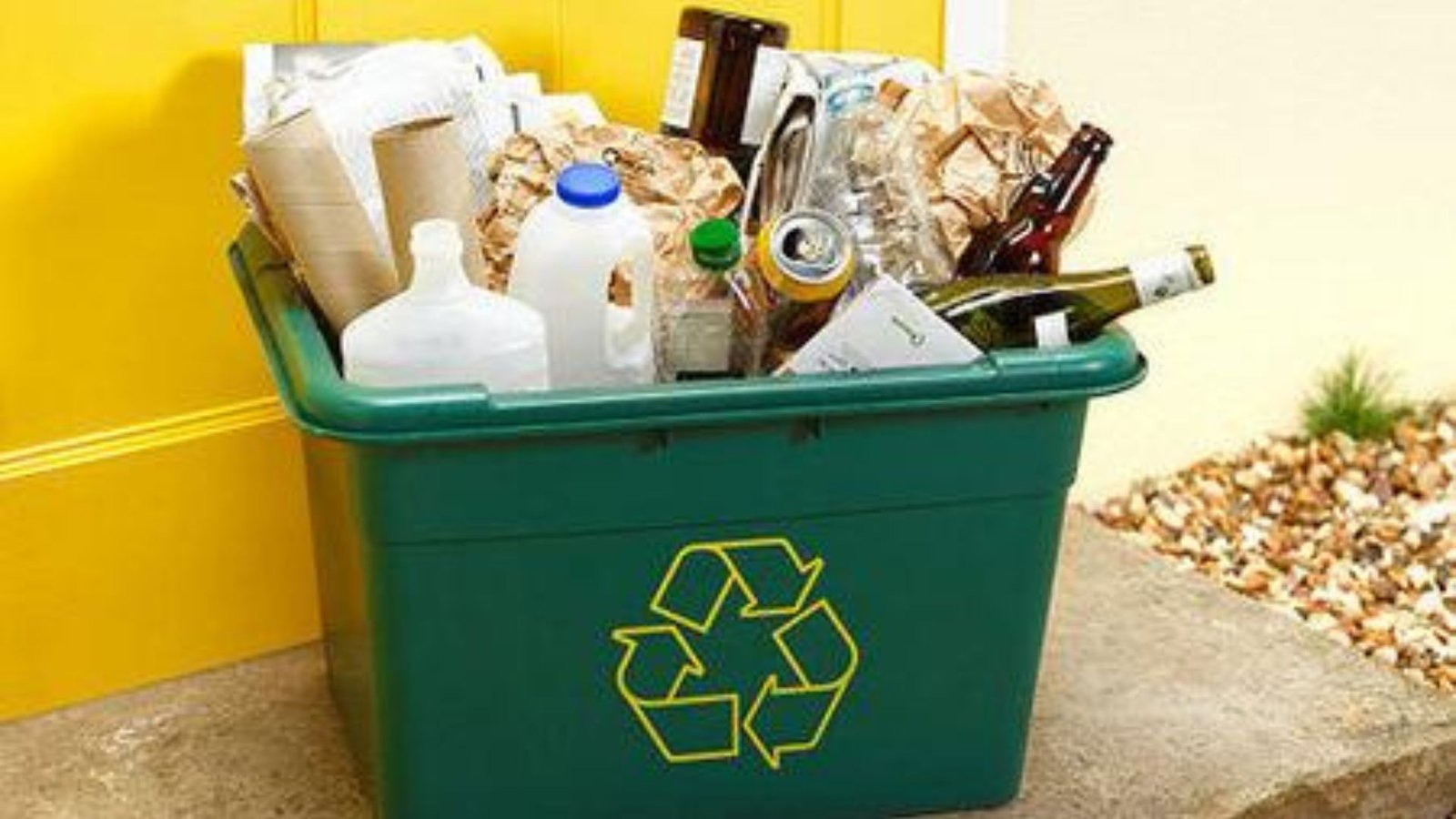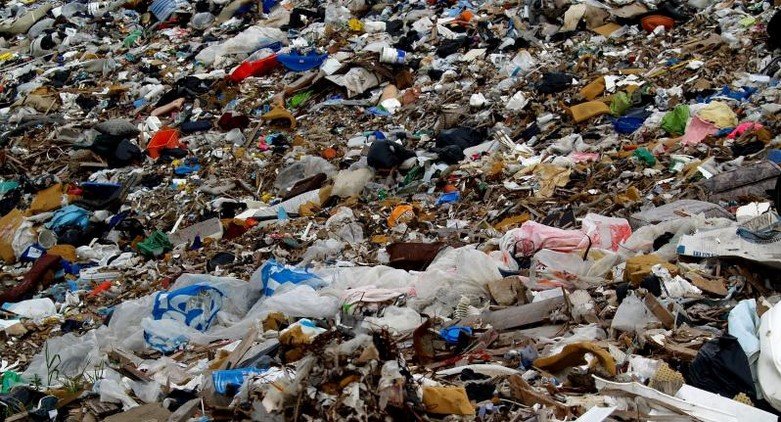Waste disposal regulations play a crucial role in protecting the environment and public health. Understanding these regulations is essential for individuals, businesses, and communities to ensure responsible waste management. In this post, we will explore key aspects of waste disposal regulations and what you need to know to comply effectively.

Why Waste Disposal Regulations Matter
Waste disposal regulations are designed to minimize the negative impacts of waste on the environment and human health. They govern how waste is generated, stored, transported, and disposed of. By adhering to these regulations, you help reduce pollution, conserve resources, and promote sustainability.
1. Types of Waste
First, it’s important to understand the different types of waste. Waste can be categorized into several categories, including:
- Municipal Solid Waste: This includes everyday items discarded by the public, such as food waste, paper, and plastics.
- Hazardous Waste: These materials pose risks to health and the environment, including chemicals, batteries, and certain medical waste.
- Industrial Waste: Generated from manufacturing processes, this waste can include both hazardous and non-hazardous materials.
Each category has specific regulations governing its disposal.
2. Local Regulations
Waste disposal regulations can vary significantly by location. Local governments often establish rules regarding waste collection, recycling, and disposal. It’s essential to check with your local waste management authority for specific guidelines in your area. This can include:
- Designated collection days
- Accepted materials for recycling
- Locations for hazardous waste drop-off
Staying informed about local regulations ensures that you comply and contribute to your community’s sustainability efforts.
3. Federal and State Regulations
In addition to local laws, waste disposal is also regulated at the state and federal levels. The Environmental Protection Agency (EPA) oversees many national waste management policies. Key regulations include:
- Resource Conservation and Recovery Act (RCRA): This act governs the disposal of hazardous waste, ensuring safe treatment and disposal.
- Comprehensive Environmental Response, Compensation, and Liability Act (CERCLA): Also known as Superfund, this act addresses the cleanup of contaminated sites.
Understanding these regulations helps you recognize the broader legal framework governing waste management.
4. Compliance and Reporting
Businesses, in particular, must comply with strict waste disposal regulations. This includes proper classification, storage, and disposal of hazardous waste. Failure to comply can result in significant fines and legal consequences. It’s vital for businesses to:
- Keep accurate records of waste generation and disposal
- Train employees on waste management practices
- Report any spills or violations to the appropriate authorities
By prioritizing compliance, businesses can mitigate risks and contribute to environmental protection.
5. Sustainable Practices
In light of these regulations, many communities are promoting sustainable waste management practices. This includes:
- Recycling Programs: Many localities offer curbside recycling, incentivizing residents to sort their waste properly.
- Composting Initiatives: Some areas have composting programs to manage organic waste effectively.
- Education and Outreach: Local governments often provide resources to educate the public about responsible waste disposal.
Engaging with these initiatives not only helps comply with regulations but also fosters a culture of sustainability.
6. Penalties for Non-Compliance
Understanding the consequences of non-compliance is crucial. Violating waste disposal regulations can lead to:
- Fines: Monetary penalties can range from minor fines to substantial amounts depending on the severity of the violation.
- Legal Action: Serious violations may result in legal proceedings, requiring businesses or individuals to address environmental damages.
- Reputational Damage: Non-compliance can harm a company’s reputation, leading to loss of customers and business opportunities.
Being aware of these risks emphasizes the importance of adhering to waste disposal regulations.
Conclusion
In summary, understanding waste disposal regulations is essential for everyone—individuals, businesses, and communities alike. By familiarizing yourself with local, state, and federal regulations, you can ensure responsible waste management and contribute to environmental sustainability. Stay informed about the types of waste, compliance requirements, and sustainable practices to protect our planet. Taking proactive steps today will help create a cleaner and healthier environment for future generations.




